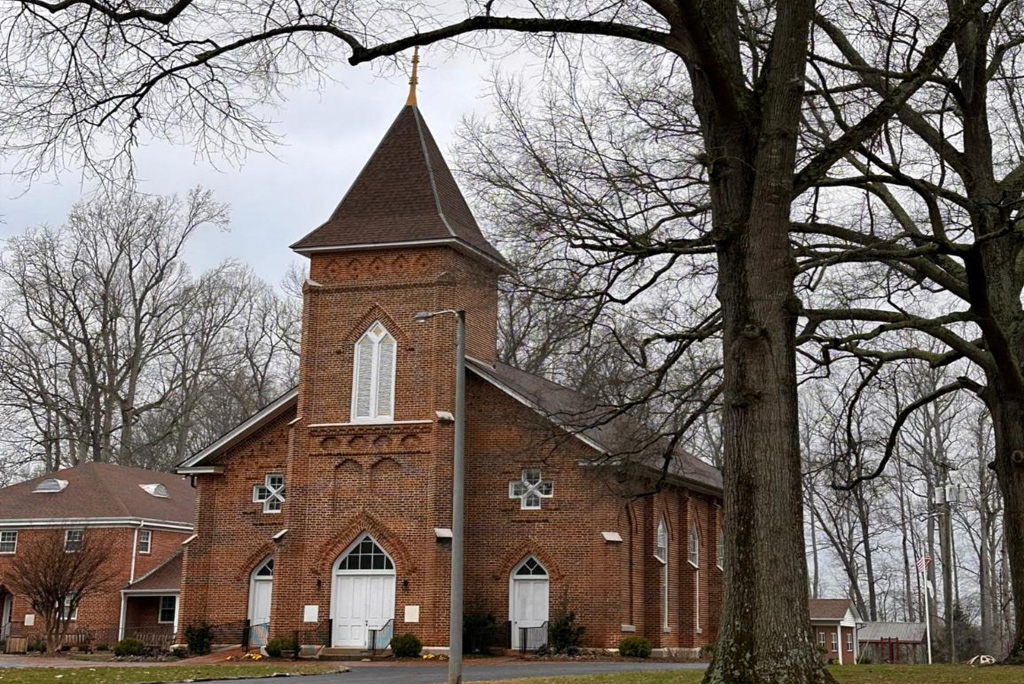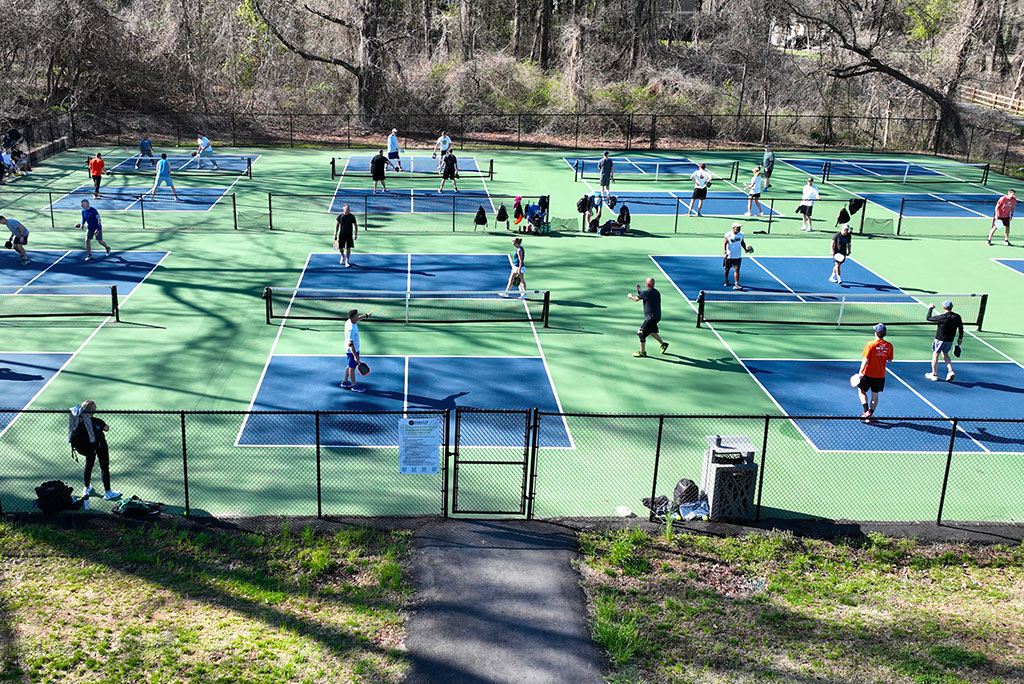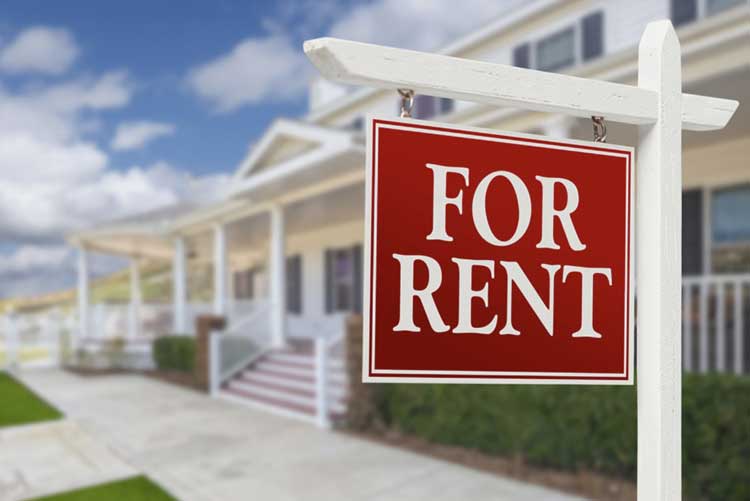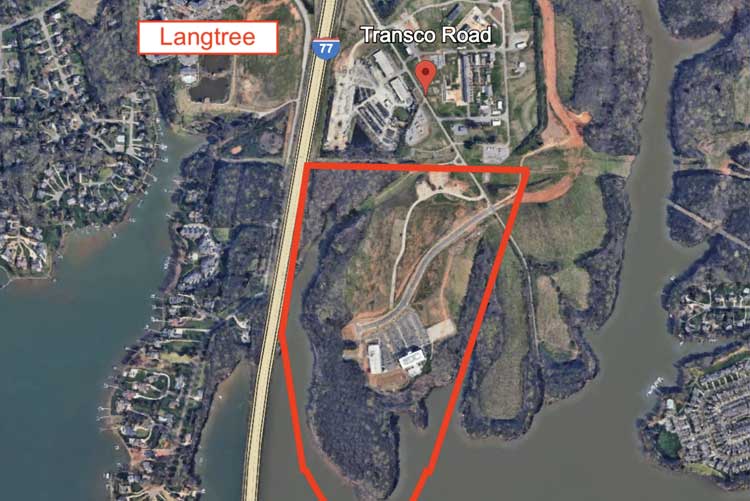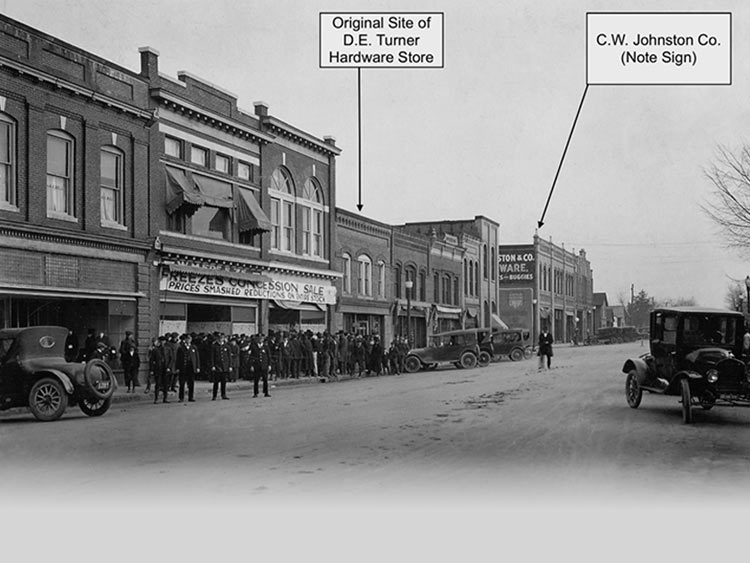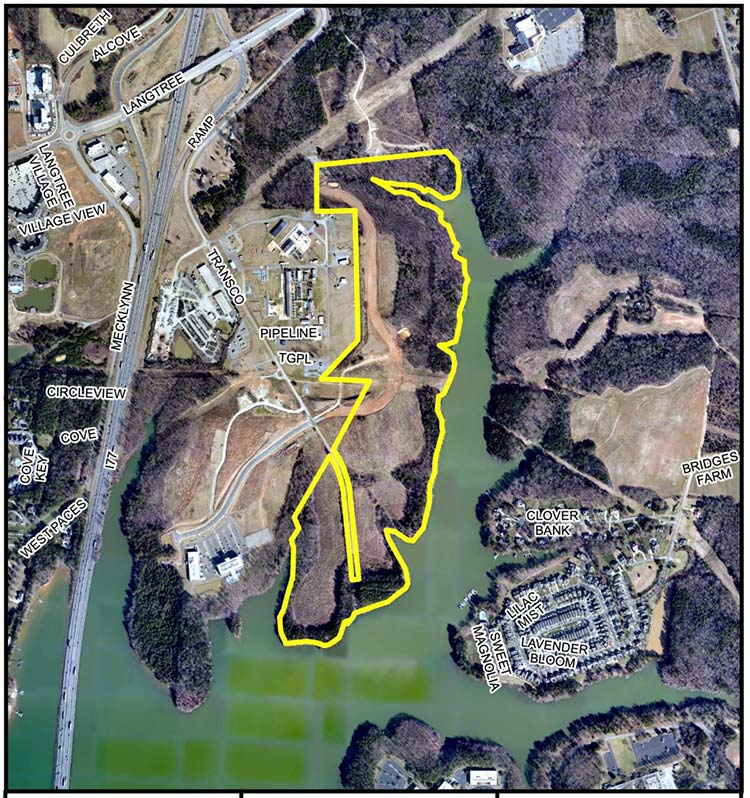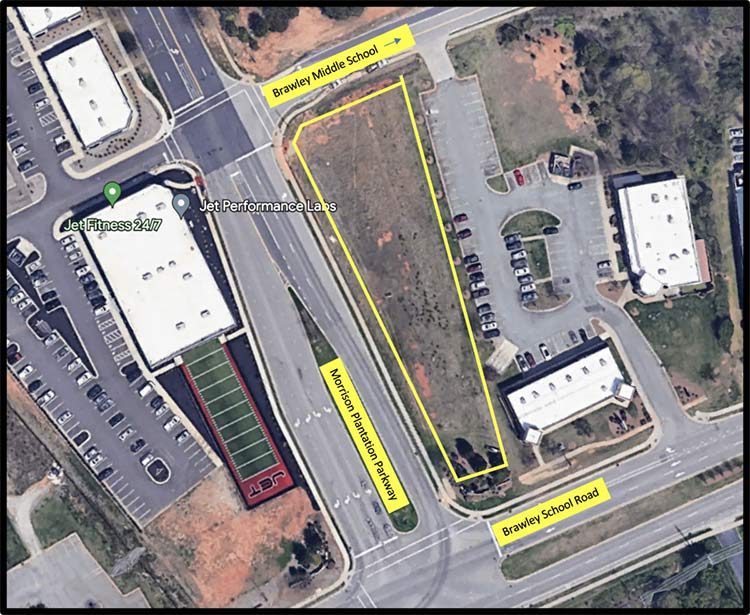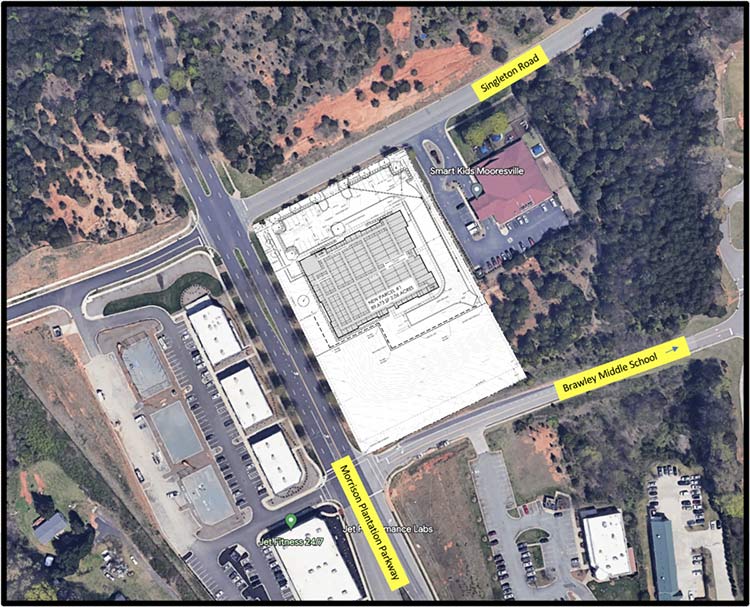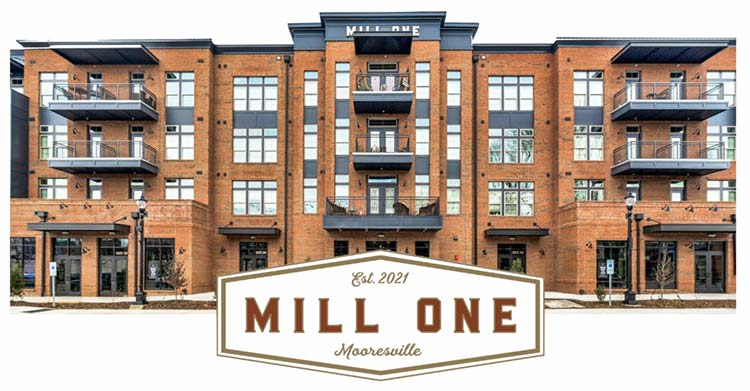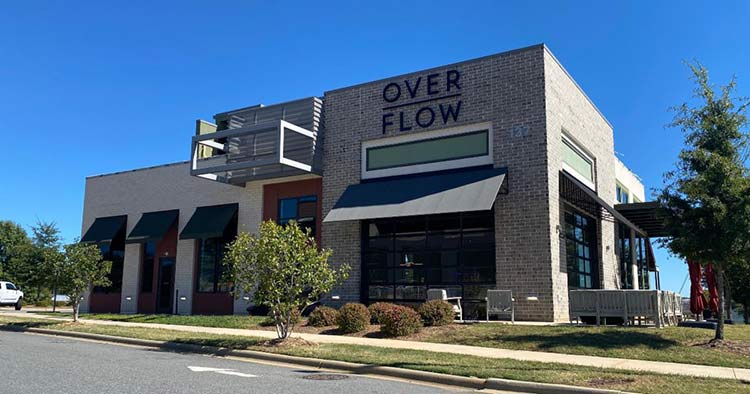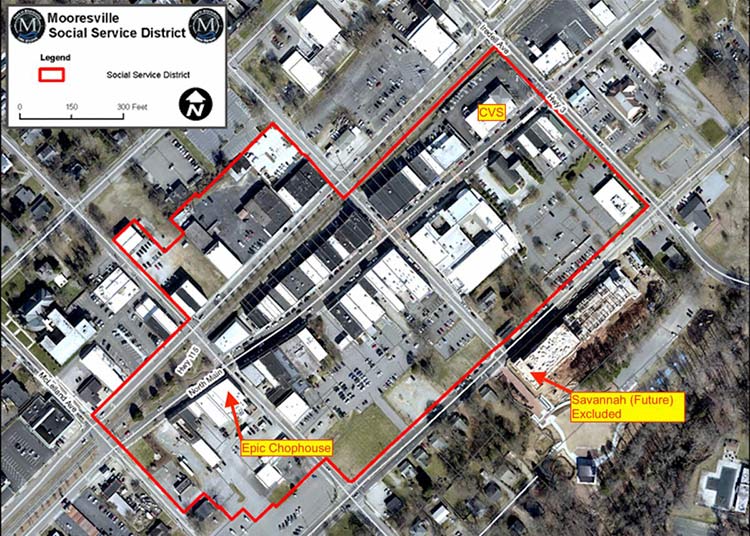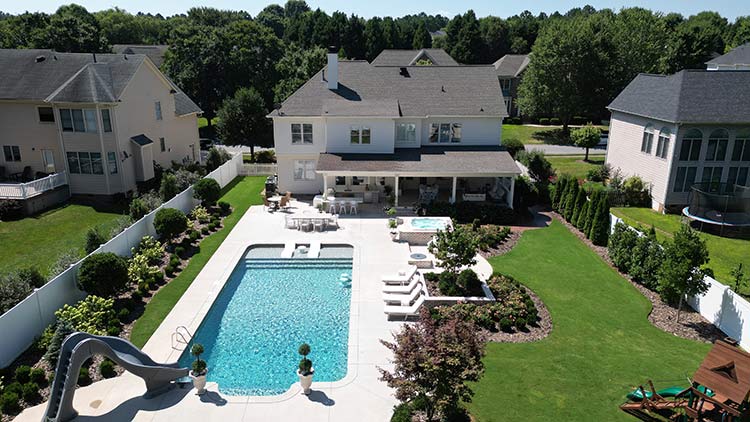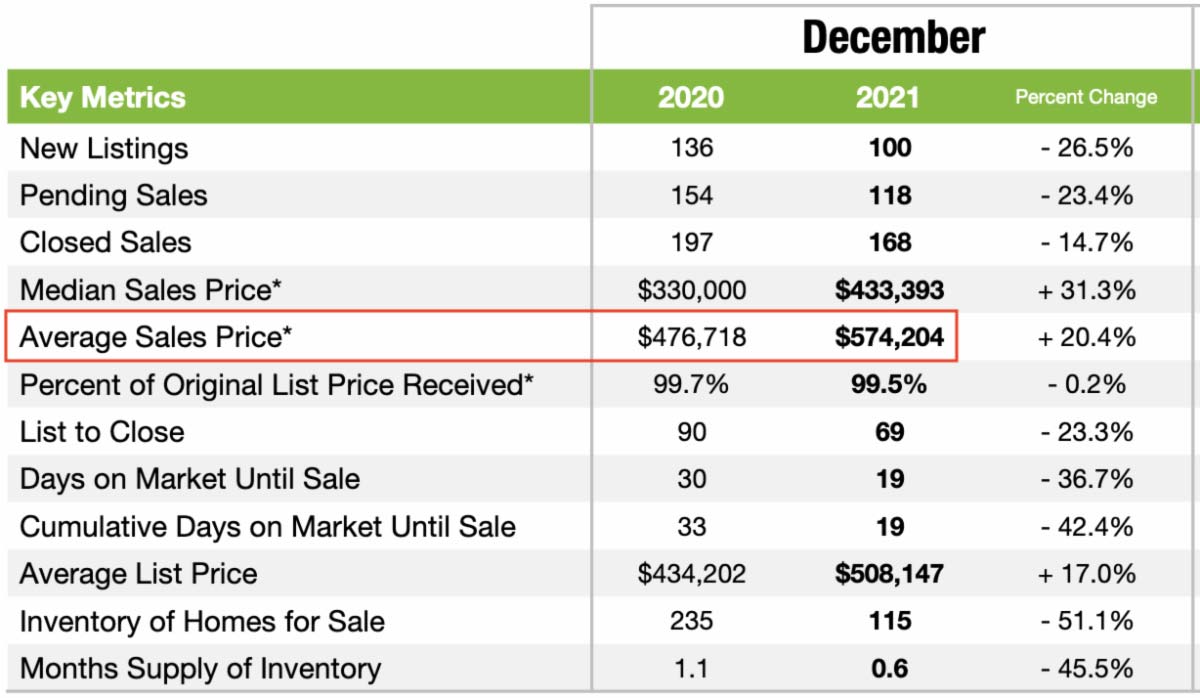
Mention HOA, and the first reaction you get from most folks is visceral contempt. People love to hate HOAs. I think the main reason is that people don’t like to be held to expectations or, to put it more simply, told what they can or can’t do to the property they pay for. After all, it IS theirs. I understand this all too well because I serve as President of my HOA as well as another Property Owners Association, and it’s been my experience that no matter how well you perform, you’ll always have 50% of people who appreciate and love what you do and another 50% that despise you for simply being associated with the HOA, even though they don’t even know you.
I have found that there are usually only two types of personalities that opt to serve on an HOA. Those that see themselves as part of the community and want to make sure that their neighborhood flourishes and improves over time, or those that only seek their own self-interests and want the “power” to rule over the community as they want to. The latter are the bad apples that have given HOAs such a negative reputation, and that’s unfortunate.
The reality is that an HOA plays a pivotal and necessary role in making sure that all property values are protected, and amenities and community-owned common areas are maintained properly. I cannot stress enough the importance of asking the right questions about the reputation of the HOA when considering buying a new home in a particular neighborhood. I thought it would be a good idea to share what an HOA really is, or better yet, what it is SUPPOSED to be.

Understanding Homeowners’ Associations (HOAs)
When purchasing a new home, it’s crucial to delve into the details of the neighborhood’s HOA. From annual fees to communal facilities and regulations, grasping the role of an HOA can significantly impact your decision-making process.
What Exactly is an HOA?
A Homeowners’ Association, or HOA, plays a pivotal role in maintaining the communal areas of a neighborhood. These associations are commonly found in neighborhoods offering amenities such as pools, gated access, playgrounds, and tennis courts. Typically run by a volunteer-based board comprising homeowners within the community, HOAs often manage various aspects, including organizing neighborhood events, overseeing property modifications, and enforcing community guidelines.
Navigating the Rules
HOAs operate under specific covenants, conditions, and restrictions (CCRs) unique to each association. These regulations govern various aspects of neighborhood aesthetics and conduct, from home appearances to parking arrangements. I always suggest that my buyers obtain a copy of these guidelines to understand what is permissible within the community. With many HOAs now maintaining an online presence, accessing this information has become more convenient than ever.
Understanding Financial Commitments
Funding for HOAs often comes from annual dues, which can vary depending on the size of the neighborhood and its amenities. These funds are utilized for maintaining shared spaces like entrances, playgrounds, and pools, particularly in gated communities where the HOA assumes responsibility for infrastructure upkeep. It’s essential to fulfill dues promptly, as late payments may incur additional fees or even lead to property liens or foreclosure.
Post-Purchase Engagement
Upon closing, engaging with the HOA should be a priority to ensure seamless integration into the community. Providing contact information and attending neighborhood events fosters connections with fellow residents and demonstrates commitment to community involvement. Remember, the individuals serving on the HOA board are your neighbors, working towards the collective betterment of the community, or at least that’s what they should be doing.
In summary, understanding the intricacies of an HOA is vital when considering a new home purchase. By familiarizing yourself with the association’s functions, regulations, and financial obligations, you can make informed decisions that align with your lifestyle and preferences.
Share this on social media:

Mention HOA, and the first reaction you get from most folks is visceral contempt. People love to hate HOAs. I think the main reason is that people don’t like to be held to expectations or, to put it more simply, told what they can or can’t do to the property they pay for. After all, it IS theirs. I understand this all too well because I serve as President of my HOA as well as another Property Owners Association, and it’s been my experience that no matter how well you perform, you’ll always have 50% of people who appreciate and love what you do and another 50% that despise you for simply being associated with the HOA, even though they don’t even know you.
I have found that there are usually only two types of personalities that opt to serve on an HOA. Those that see themselves as part of the community and want to make sure that their neighborhood flourishes and improves over time, or those that only seek their own self-interests and want the “power” to rule over the community as they want to. The latter are the bad apples that have given HOAs such a negative reputation, and that’s unfortunate.
The reality is that an HOA plays a pivotal and necessary role in making sure that all property values are protected, and amenities and community-owned common areas are maintained properly. I cannot stress enough the importance of asking the right questions about the reputation of the HOA when considering buying a new home in a particular neighborhood. I thought it would be a good idea to share what an HOA really is, or better yet, what it is SUPPOSED to be.

Understanding Homeowners’ Associations (HOAs)
When purchasing a new home, it’s crucial to delve into the details of the neighborhood’s HOA. From annual fees to communal facilities and regulations, grasping the role of an HOA can significantly impact your decision-making process.
What Exactly is an HOA?
A Homeowners’ Association, or HOA, plays a pivotal role in maintaining the communal areas of a neighborhood. These associations are commonly found in neighborhoods offering amenities such as pools, gated access, playgrounds, and tennis courts. Typically run by a volunteer-based board comprising homeowners within the community, HOAs often manage various aspects, including organizing neighborhood events, overseeing property modifications, and enforcing community guidelines.
Navigating the Rules
HOAs operate under specific covenants, conditions, and restrictions (CCRs) unique to each association. These regulations govern various aspects of neighborhood aesthetics and conduct, from home appearances to parking arrangements. I always suggest that my buyers obtain a copy of these guidelines to understand what is permissible within the community. With many HOAs now maintaining an online presence, accessing this information has become more convenient than ever.
Understanding Financial Commitments
Funding for HOAs often comes from annual dues, which can vary depending on the size of the neighborhood and its amenities. These funds are utilized for maintaining shared spaces like entrances, playgrounds, and pools, particularly in gated communities where the HOA assumes responsibility for infrastructure upkeep. It’s essential to fulfill dues promptly, as late payments may incur additional fees or even lead to property liens or foreclosure.
Post-Purchase Engagement
Upon closing, engaging with the HOA should be a priority to ensure seamless integration into the community. Providing contact information and attending neighborhood events fosters connections with fellow residents and demonstrates commitment to community involvement. Remember, the individuals serving on the HOA board are your neighbors, working towards the collective betterment of the community, or at least that’s what they should be doing.
In summary, understanding the intricacies of an HOA is vital when considering a new home purchase. By familiarizing yourself with the association’s functions, regulations, and financial obligations, you can make informed decisions that align with your lifestyle and preferences.



